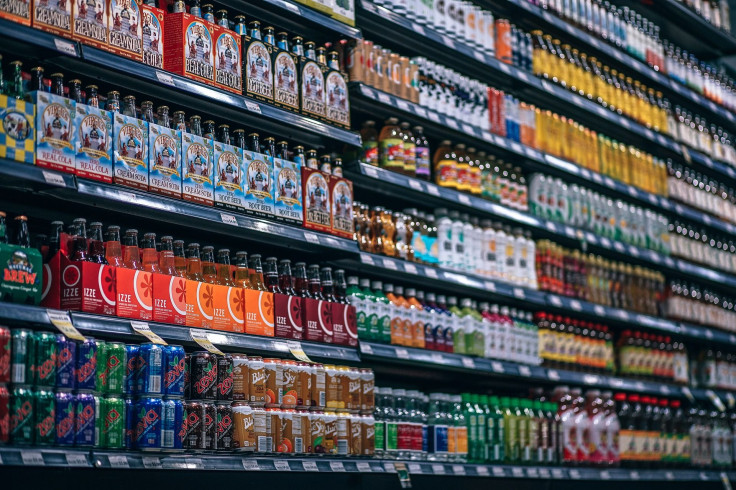Americans Are Consuming Less Sugar, But They're Loading On Non-Nutritive Sweeteners: Study

KEY POINTS
- Non-nutritive sweeteners are alternatives to nutritive sweeteners but contain no calories
- Despite being considered safe by FDA, non-nutritive sugars have certain health disadvantages
- A new study pointed out that Americans are buying more products with NNS
Even though there has been a decline in the household purchases of foods and beverages containing caloric sweeteners among the Americans, there is an increase in that of products with nonnutritive sweeteners (NNS), found a new study.
The researchers at the University of North Carolina at Chapel Hill reported that beverages accounted for the majority of the products containing non-nutritive sweeteners exclusively or combined with caloric sugars purchased by Americans. The findings are published in the Journal of the Academy of Nutrition and Dietetics.
"With excessive sugar consumption linked to chronic cardiometabolic diseases, sugar reduction has become an important public health strategy. This has resulted in greater innovation by the food industry and increased use of NNS in our food supply," Elsevier quoted the study’s author Barry Popkin, Ph.D., W.R. Kenan Jr.
Non-nutritive sweeteners:
Aspartame, saccharin, sucralose, and rebaudioside A are the most commonly used artificial sweeteners that provide sweetness to products without the calories of sugar or high fructose corn syrup.
The Study:
The researchers analyzed the prevalence and volume of foods containing the commonly consumed non-nutritive sweeteners in the country’s packaged food supply and looked at how it changed between 2002 and 2018.
They found the following:
- There is a decline in the prevalence of products with aspartame and saccharin, but an increase in those containing artificial sweeteners like sucralose and reb-A
- Compared to households without children, those with kids are buying more packaged beverages and food products containing non-nutritive sweeteners
- Non-Hispanic whites purchased almost twice the amount of products containing NNS compared to Hispanics and non-Hispanic blacks
- Non-Hispanic black households showed a 42% increase in the amount of purchase of products with NNS
"There is a need to be able to track our exposure to specific types of sweeteners in order to properly understand their health implications. The change to the food supply our study documents reinforces the need to develop and maintain the data systems to monitor what companies are putting in their foods. This work can help complement new and emerging clinical evidence about the different cardiometabolic and health effects of each NNS type," Elsevier quoted the study’s lead author, Dr. Elizabeth Dunford, as saying.
The findings of the study raised concerns about exposure to non-nutritive sweeteners. Previous studies have pointed out that NNS consumption was linked to increased body weight, type 2 diabetes, and certain other cardiometabolic outcomes.
© Copyright IBTimes 2025. All rights reserved.






















